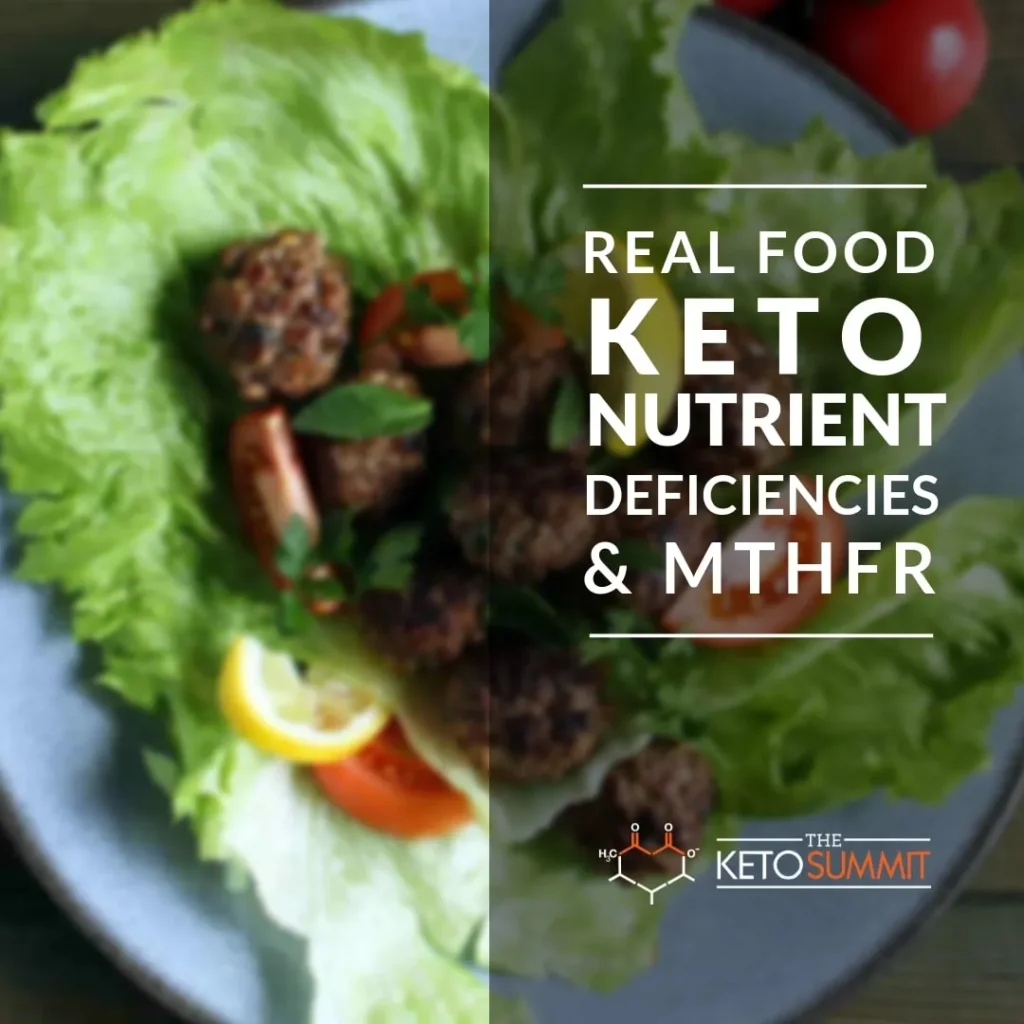The ketogenic diet, or keto diet, has gained popularity in recent years for its ability to help people lose weight and improve their overall health. However, while the keto diet can be effective for weight loss, it also carries some potential risks, particularly when it comes to nutrient deficiencies.
The keto diet is a high-fat, low-carbohydrate diet that forces the body to burn fat for fuel instead of carbohydrates. While this can lead to rapid weight loss and improved blood sugar control, it can also lead to deficiencies in certain essential nutrients.
One common nutrient deficiency that can occur on the keto diet is magnesium. Magnesium is an important mineral that plays a role in over 300 enzymatic reactions in the body, including muscle and nerve function, blood sugar regulation, and energy production. However, many keto-friendly foods are low in magnesium, such as meat, fish, and dairy products. This can lead to symptoms such as muscle cramps, fatigue, and irregular heart rhythms.
Another potential nutrient deficiency on the keto diet is potassium. Potassium is an electrolyte that helps regulate fluid balance, nerve function, and muscle contractions. On the keto diet, foods high in potassium, such as fruits and starchy vegetables, are restricted, leading to a potential deficiency. Symptoms of potassium deficiency can include muscle weakness, fatigue, and irregular heartbeats.
Additionally, the keto diet can also lead to deficiencies in vitamins such as vitamin C and vitamin K. Vitamin C is important for immune function, wound healing, and collagen production, while vitamin K is essential for blood clotting and bone health. Since many keto-friendly foods are low in these vitamins, it’s important to make sure you’re getting enough through supplements or by incorporating more vitamin-rich foods into your diet.
To prevent nutrient deficiencies on the keto diet, it’s important to focus on eating a variety of nutrient-dense foods. This can include incorporating more leafy greens, nuts, seeds, and low-carb fruits into your diet to ensure you’re getting a wide range of vitamins and minerals. Additionally, taking a multivitamin or mineral supplement can help fill in any gaps in your diet.
In conclusion, while the keto diet can be an effective way to lose weight and improve your health, it’s important to be aware of the potential risks of nutrient deficiencies. By focusing on eating a variety of nutrient-dense foods and considering supplementation, you can help prevent these deficiencies and support your overall health on the keto diet.

